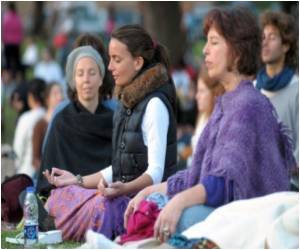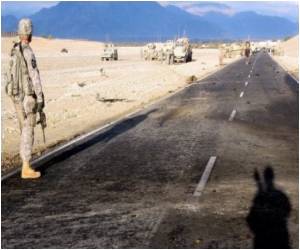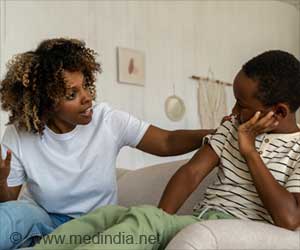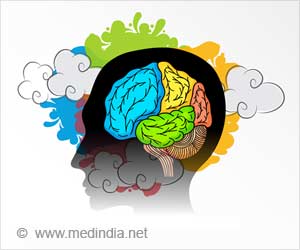
For soldiers with lower marital satisfaction, frequent communication was linked with more PTSD symptoms.
"We think this means that when soldiers are maritally dissatisfied, communication with their wives during deployment may be less positive and doesn't provide soldiers with social support that can help protect against PTSD symptoms," co-author Ben Loew, University of Denver, said.
Interestingly, the benefits of communication against PTSD symptoms in happily married soldiers did not hold for "interactive" communication such as phone calls and instant messaging.
"We think that letters, which happened less often overall compared to phone calls, had stronger effects. When you receive letters, they can be read again and again, and when you write them, it can be therapeutic," Loew said.
According to Loew, this study highlights the importance of knowing how soldiers communicate with their spouses during deployment, and how this communication could be protective or not for a soldier's mental health and marriage.
Advertisement
Source-ANI










